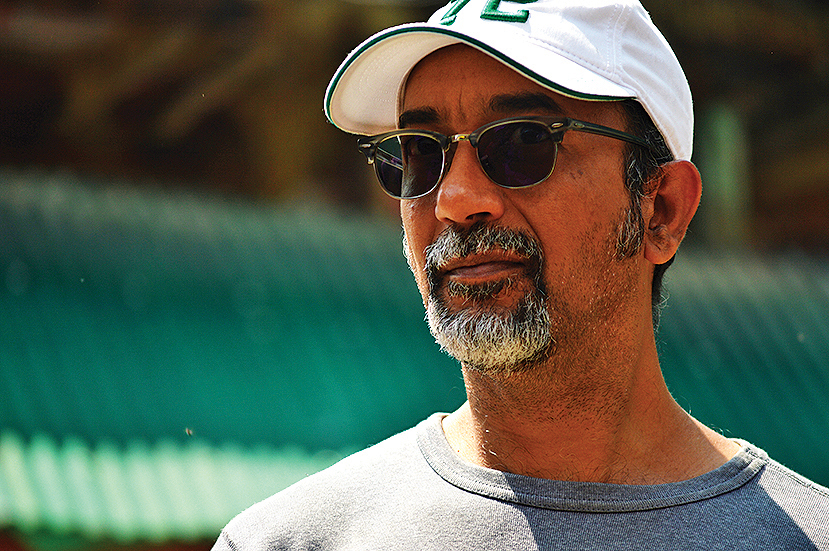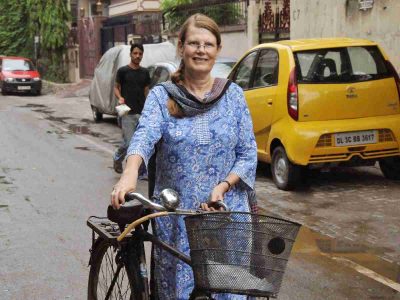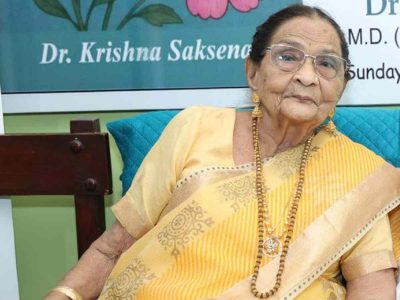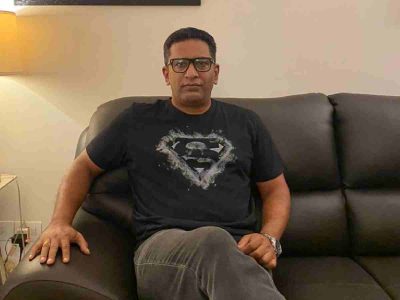What were the challenges you faced while shooting the film?
We were a little wary initially, as we were shooting in Kashmir. Besides that, there were no other challenges as such.
Since the film deals with an unconventional subject, that too based in Kashmir, was it tough to get a producer?
Initially it was. When the script was ready, and I went looking for producers, the big production houses did not want to take it as the film deals with a different topic altogether. So, I am really happy that Saregama Yodlee films eagerly took it up and liked it very much. Thus, I really appreciate what they did and it was really nice on their part. Not very many producers have the guts to sponsor films like this.
You’ve mentioned somewhere that you have shaped Hamid’s character around Talha, and not the other way around. Could you please explain?
Instead of letting the kid act, I turned that around and thought maybe the character will be what the person is. That’s how we extended it and it worked, as he did not act — he was just being himself. It definitely helped.
How did you strike a balance between the political, personal, social and cinematic aspect of the film?
It was a deliberate attempt not to take sides. I wanted to portray them the way they are. The film will reach an audience in India — and thus it is important to keep a balance. It is not fair to take sides.
What message do you intend to convey through Hamid?
It is an honest attempt. It is a story from a child’s point of view — so that is how I want the audience to see the film and connect. It is a film which doesn’t have a big release, but if the audience connects to it — it becomes much better. I would prefer the audience to see the honesty of the story we are trying to portray.
Any plans to screen the film in Kashmir?
Yes, we do. It was initially planned that we’ll screen the film for the Kashmiris and the CRPF — in Kashmir itself. The agenda is still there, I am not sure when but we hope to do that.





